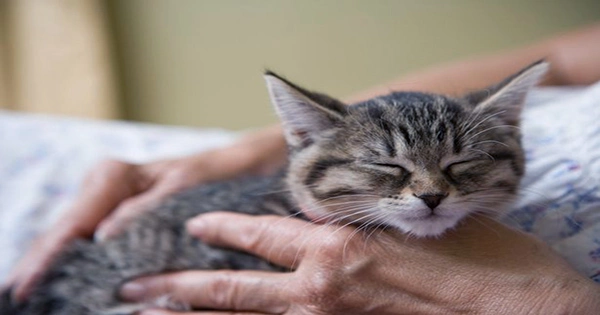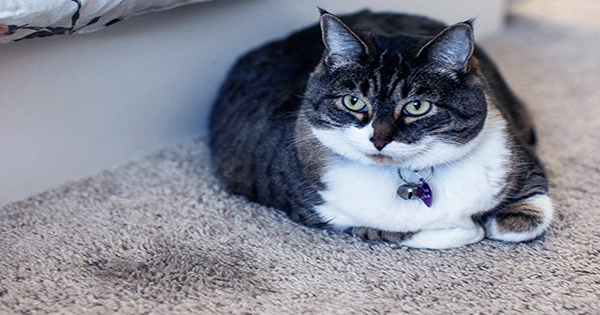When a cat has a behavioral problem, a problem with its litter tray surroundings, or is ill, it may urinate outside the box. Animal specialists caution against the widespread misconception that cats urinate about the house when they are angry, even though it’s not always simple to figure out the precise cause. Absolutely not. Here are some potential causes and fixes.
Three groups of causes—environmental, behavioral, and medical—can be distinguished. To rule out any health issues, make an appointment with a veterinarian.
It can be difficult to identify the environmental or behavioral causes on your own; an expert in animal behavior may be required.

A lot of love and tolerance should be given to your cat, especially when they are experiencing issues using the restroom, according to experts. In addition to being ineffectual, yelling at them will strain your bond with your cat.
Create a perfect litter box set-up: The use of one litter box per cat and an additional one per family is advised by experts. Most cats like uncovered boxes, and the optimum tray is at least 1.5 times as long as your cat’s body.
Clean the box and scoop twice a day. Regularly replace the litter. Choose unscented, fine-grained, clumping litter instead since your cat is more likely to use it as it resembles sand.
Ensure that the litter pan is placed far from busy streets and other loud noises.
Eliminate the stress: Because they are uneasy around foreign smells and their own house, cats may urinate in unexpected places. They then urinate on your favorite items since the combination of your aroma and theirs is soothing. Close the blinds to block out a curious tomcat if you can eliminate the stressor.
You can also relieve stress by playing with your cat and rewarding them close to the source. Your cat can reduce stress in a healthy way by using enriching toys and hiding places.
Cats mark their pee, which demonstrates that they live a scent-based life. With products like Feliway and Comfort Zone, synthetic pheromones created to resemble the naturally pleasant face pheromone emitted by felines, use the power of smell to calm your cat.
Use positive reinforcement: You might need to gradually reintroduce the litter box to your cat if they are afraid of it. Incentivize them for making progress.
You should reward your cat for gazing at, approaching, or exploring the box as part of desensitization. You should resist the desire to put cats in the litter box since they like making their own decisions. Allowing children to explore at their own pace while rewarding them along the way is best.
Spay or neuter your cat: Your pet’s spraying will stop if it is neutered and spayed. Whether your cat is male or female, it can tell by the color of its urine what stage of reproduction they are in. When you live with a lot of cats, spraying is much more likely because urine also serves as a territorial marking tool.
Sources used: https://pets.webmd.com/cats/how-to-stop-a-cat-from-peeing
















